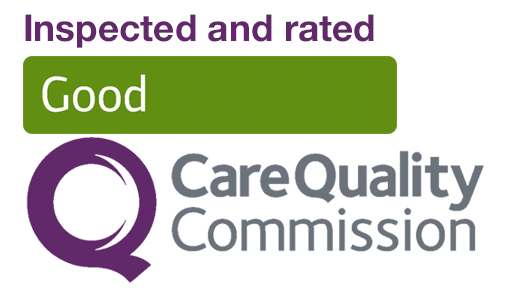Itchy skin is extremely typical during pregnancy, and the severity of the itching can range from mild to severe. There are a variety of causes for itching, as well as a variety of techniques to soothe it and get some relief.
Causes of Itching During Pregnancy
Sometimes skin itching is a symptom of early pregnancy. Itchy skin can be caused by a variety of factors, including:
- Hormonal Changes: Itchy skin can be caused by an increase in hormones released during pregnancy.
- Dry Skin: When the skin stretches during pregnancy (particularly around the belly and breasts), moisture is lost, causing dryness and itching.
- Eczema: Eczema caused by pregnancy affects some women (a very itchy, red, bumpy rash). If you have eczema and were diagnosed before getting pregnant, the pregnancy may cause a flare-up.
- Hives: Food, insect bites, animal dander, environmental allergies, and other allergens can cause hives, which are red lumps or raised patches of itching skin. Hives can develop during pregnancy as a result of changes in your body as well as an increase in hormones, making you more sensitive to certain allergens.
- PUPPP: PUPPP (pruritic urticarial papules and plaques of pregnancy) is a harmless rash that appears near the end of pregnancy. Stretch marks appear as red, bumpy, itchy areas on the belly, which can extend to your buttocks, arms, and legs. Your doctor may prescribe a steroid cream to stop the rash from spreading while also providing some relief from the pain. PUPPP usually goes away after you deliver.
- Pregnancy Cholestasis: Pregnancy-related intrahepatic cholestasis is a dangerous liver disorder that can develop during the third trimester. Severe itching in the palms of your hands and soles of your feet are common symptoms, although itching can occur anywhere on your body. Itching might get worse at night, and it can even become excruciating. Depending on the severity of your symptoms, the doctor may decide to deliver your baby early. The itching will usually go away within a few days of giving birth. Nausea, vomiting, jaundice, and a loss of appetite are some of the other symptoms. Preterm delivery, lung issues for the baby, and stillbirth are all possible complications of cholestasis.
Tips to Relieve Itching During Pregnancy
The following are a few recommendations that may help relieve the itching. These are some of them:
- A moisturising lotion with cocoa butter, vitamin E, or jojoba oil, or rich, thick skin cream with cocoa butter, vitamin E, or jojoba oil, may assist. Perfume-containing moisturisers should be avoided.
- Calamine lotion, which may be rubbed directly on the rash, is a good option. It has astringent and skin-protecting characteristics that will aid to soothe and dry the rash.
- Itching relief can be obtained by taking an oatmeal bath or adding cornstarch to your bath.
- Apply a moist cool cloth or an ice pack wrapped in a towel to the irritated area.
- Hot baths should be avoided because they can cause your skin to become even drier. Instead, take a bath or a short, warm shower.
- Avoid perfumed soaps and laundry detergents, as they may irritate your skin. Use soaps and laundry detergents that are fragrance-free and mild.
- Wearing loose garments composed of breathable materials like cotton.
- Using a humidifier to help reintroduce moisture to the air will also benefit your skin.
- Take Benadryl or another antihistamine. You must, however, first obtain your doctor’s consent.
- Scratching your itchy skin will only make it worse. It will simply aggravate the itch.
When Should You Talk to Your Doctor
If you experience any itching during your pregnancy, you should always tell your doctor. However, you should contact him right once if you are having any of the following cholestasis symptoms:
- The palms of your hands and the soles of your feet itch.
- Jaundice develops (yellowing of the skin).
- You’re experiencing nausea as a result of the itchiness.
It is common to experience itching while pregnant. However, if you are experiencing symptoms in addition to itching, you should see a doctor.
Do Not Ignore the Itching
Itching during pregnancy can range from little irritation to severe discomfort, but it should never be disregarded. It’s important to talk to your doctor about any itching problems you’re having. He will then diagnose the source of your itching and provide you with relief from the discomfort.


